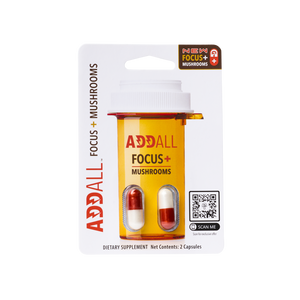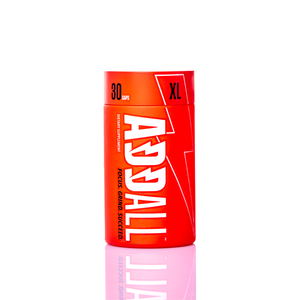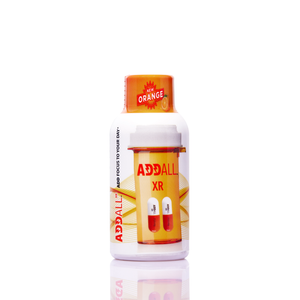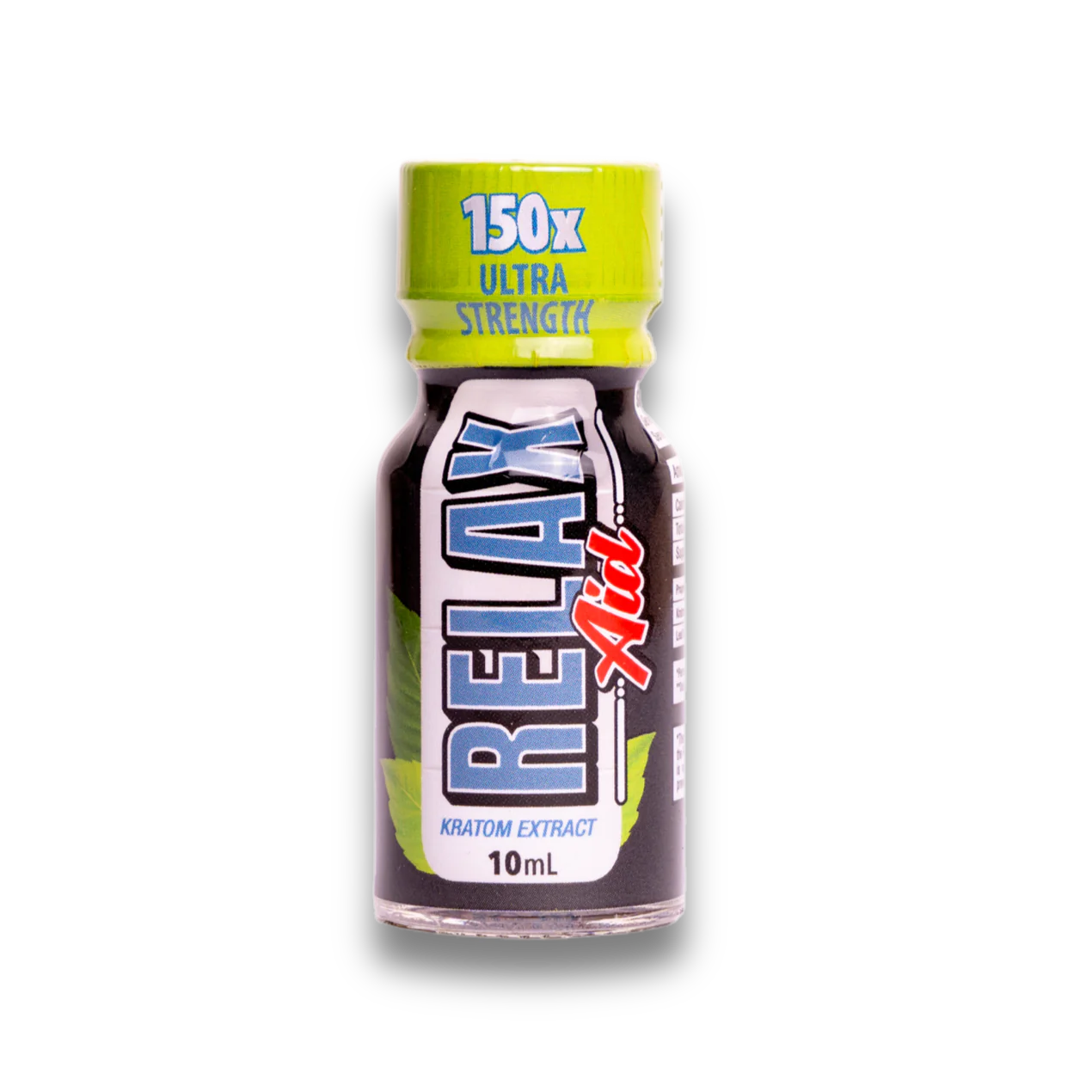Let’s get real—almost everyone struggles with procrastination. Whether you’re a student with a paper due, a professional staring at an overflowing inbox, or just someone who can’t seem to fold that mountain of laundry, putting things off is part of the human experience. In the U.S., “how to stop procrastinating,” “best ways to beat procrastination,” and “science of productivity” are all trending search terms—because we all want to get more done, with less stress.
So why do we do it? And, more importantly, how can we break the cycle? Science has a lot to say about this, and the good news is that you can train your brain to get things done—without the guilt trip.
(Relevant keywords: how to stop procrastinating, overcome procrastination, productivity tips, science of motivation, how to get things done, beat procrastination, best ways to focus, time management hacks, procrastination help)

Why Do We Procrastinate?
It’s not just laziness. Procrastination is your brain’s way of avoiding something it perceives as stressful, boring, or overwhelming. It’s a form of emotional self-protection, not a character flaw. The trouble is, it doesn’t work—delaying the task just adds more stress later.
The Real Cost of Putting Things Off
Beyond the missed deadlines and last-minute scrambles, procrastination can hurt your mental health. Chronic procrastinators report higher levels of stress, anxiety, and even depression. And when you keep kicking the can down the road, that feeling of being “behind” never really goes away.
What Is Procrastination?
We all need a break sometimes—but there’s a difference between intentional rest and avoidance.
Procrastination vs. Just Taking a Break
Taking a break is healthy. Procrastination is putting off what you intend to do, often for something less important or more immediately rewarding (hello, YouTube and social media). If you constantly find yourself searching “why do I procrastinate so much” or “how to stop wasting time online,” you’re not alone.
The Psychology Behind Procrastination
Researchers say procrastination is a mix of impulsivity, fear of failure, perfectionism, and even decision fatigue. When a task feels big or ambiguous, our brains go looking for a quick hit of dopamine—usually by doing anything except what we should.
Why Is It So Hard to Stop Procrastinating?
Here’s the deal: your brain loves instant gratification. That’s why scrolling TikTok or reorganizing your sock drawer is so much easier than starting a tough assignment. The modern world is full of distractions—so overcoming procrastination is about outsmarting your own brain.
The Role of Instant Gratification
Every time you pick the “easy” option, your brain gets a reward. Over time, this becomes a habit. That’s why it feels impossible to just “willpower” your way through procrastination—your habits are stronger than your intentions.
How Our Brains Trick Us
Your brain is wired to avoid discomfort and chase pleasure. When faced with a big, scary, or boring task, your mind invents creative excuses. “I’ll start after lunch.” “I need to check my email first.” Sound familiar? That’s your brain on autopilot.

Scientifically Proven Methods to Beat Procrastination
Forget willpower—let’s talk strategies that are backed by real research.
The Power of Microtasks and the Two-Minute Rule
If a task feels overwhelming, break it down into the smallest possible steps—seriously, tiny. The “Two-Minute Rule” (from productivity expert David Allen) says if something takes less than two minutes, do it right now. Big projects? Just commit to working on it for two minutes. Often, getting started is the hardest part.
Time Blocking and the Pomodoro Technique
Ever tried working in focused sprints? The Pomodoro Technique is all about setting a timer for 25 minutes, working on one thing, then taking a five-minute break. Time blocking means scheduling chunks of your calendar for deep work. Both are proven to help you avoid the “I’ll do it later” trap.
Implementation Intentions (“If-Then” Planning)
This technique uses “if-then” statements to pre-commit to action. Example: “If it’s 9 a.m., then I’ll write my report for 30 minutes.” Studies show that having a specific plan dramatically increases follow-through.
Temptation Bundling
Pair something you should do with something you want to do. Example: Only listen to your favorite podcast while working out, or treat yourself to a coffee while answering emails. This hacks your brain’s reward system and makes boring tasks more appealing.
Self-Compassion and Mindfulness
Beating yourself up doesn’t work. Research shows that self-compassion (being kind to yourself when you slip up) actually helps you bounce back faster. Mindfulness—paying attention to the present moment—also reduces procrastination by helping you notice your avoidance habits before they take over.
Changing Your Environment for Better Focus
Sometimes it’s not your willpower—it’s your surroundings. Making small changes can make a big difference.
Digital Detox and Reducing Distractions
Try turning off notifications, putting your phone out of reach, or using website blockers. Even a few minutes of distraction-free work can help you find your groove. Search terms like “how to avoid distractions,” “best apps to block social media,” and “focus hacks” are spiking because, well, we’re all fighting the same battle.
Accountability Partners and Social Motivation
Tell someone your goals—better yet, work alongside a friend or join a virtual study group. Accountability works because it taps into our natural desire not to let others down.
Using Technology to Your Advantage
Yes, your phone is a distraction—but it can also be your ally.
Productivity Apps That Actually Work
Try apps like Todoist, Notion, Trello, or Forest (which turns focus time into a virtual tree-planting game). Use digital calendars to block time for important tasks. “Best productivity apps” and “how to organize my day” are top U.S. searches for a reason—when you use tech right, it can keep you on track.
Tracking Your Progress and Celebrating Wins
Don’t just check things off—celebrate! Tracking your progress (on paper or in an app) gives your brain a dopamine hit and builds positive momentum. Even small wins count.

When Procrastination Signals Something Deeper
If you’ve tried every trick in the book and nothing works, procrastination might be a sign of something else.
Anxiety, Perfectionism, and ADHD
Chronic procrastination is often linked to anxiety, fear of failure, perfectionism, or ADHD. If you’re stuck in a cycle of avoidance and self-criticism, you’re not broken—you just might need a different kind of support.
When to Seek Professional Help
If procrastination is tanking your grades, hurting your job, or making you miserable, talk to a counselor, coach, or mental health professional. There’s zero shame in getting help.
Conclusion: Progress, Not Perfection
You don’t have to be a productivity machine to beat procrastination. With science-backed methods, the right mindset, and a little self-compassion, you can outsmart your own brain and actually get things done.
Remember—progress over perfection. Every step forward counts, even the small ones.







 Addall XR
Addall XR
 Addall XL
Addall XL
 Addall
Addall Addall
Addall Addall
Addall Addall
Addall
 RelaxAid
RelaxAid
 Compare
Compare




















































